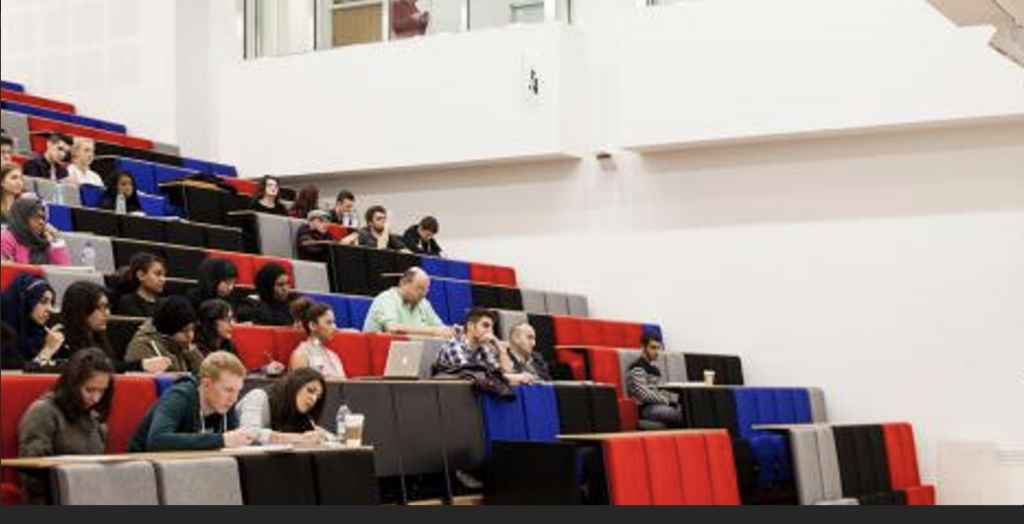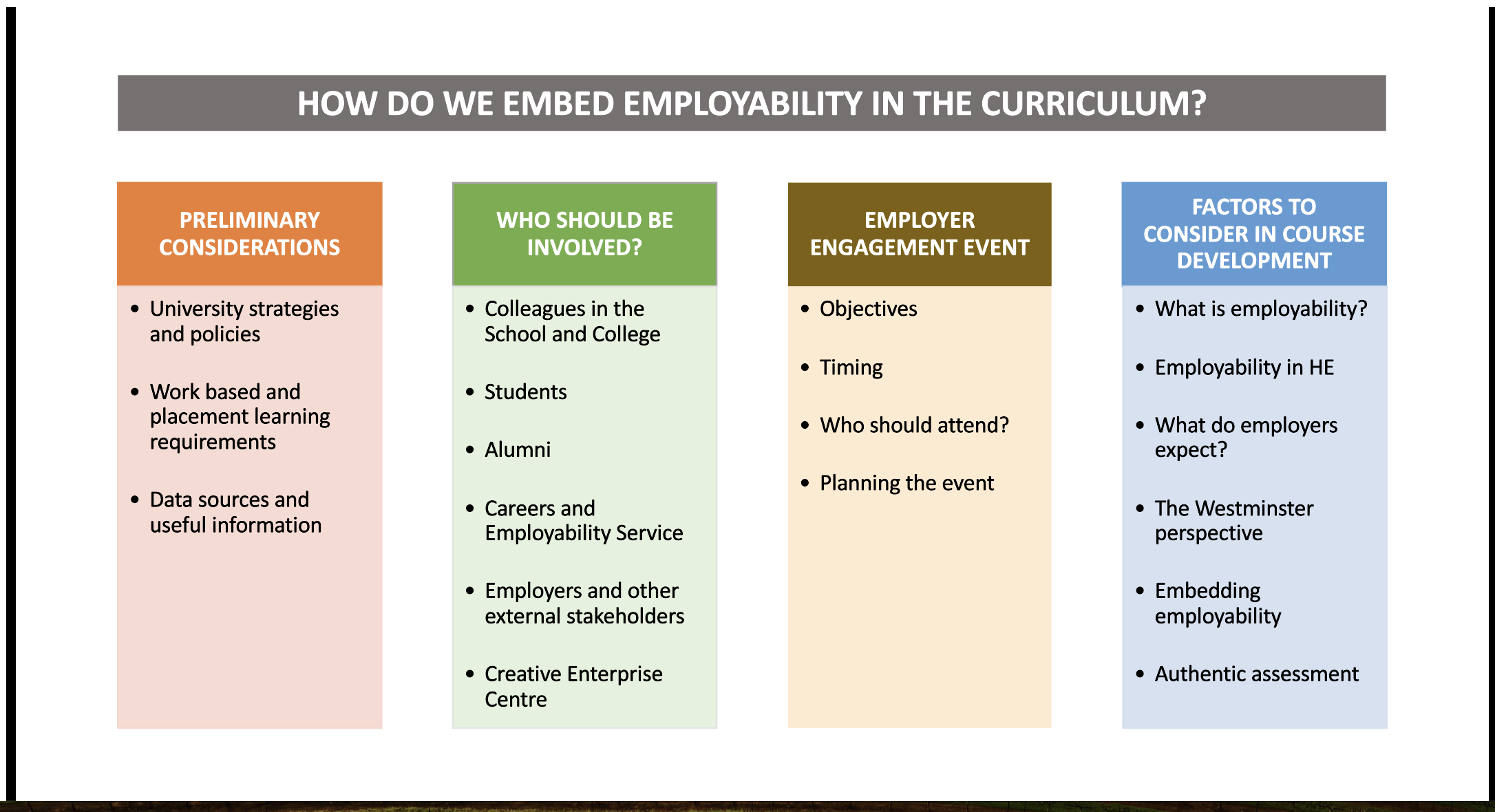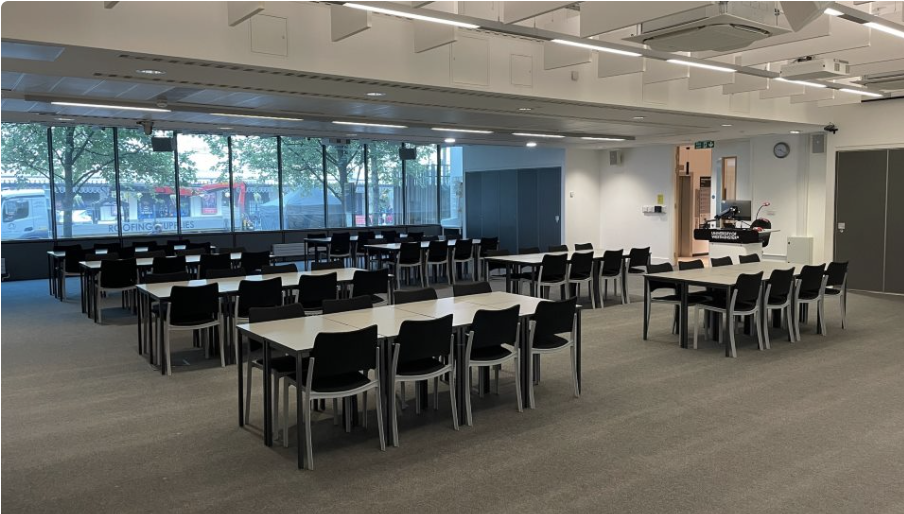James Moran, Senior Lecturer
25/01/2023
Detailed information about learning, teaching and assessment really belongs at module-level, but an effective course design requires that consideration has been given to a coherent, course-wide learning, teaching and assessment strategy. The programme specification requires that learning, teaching and assessment methods are clearly expressed. These should be reflective of the course team’s philosophy and values and should also reflect the University’s Education Strategy and our Assessment and Feedback Policy. It is neither necessary nor appropriate to list every single learning, teaching and assessment method used on the course. However, in broad terms, a prospective student reading the programme specification should be able to identify how they will learn, how they will be taught, and how they will be assessed.
Learning methods

This section should provide an indication of how students are expected to gain knowledge, understanding and skills across the course as a whole. Remember that this section is about learning, so it should not simply describe how students will be taught. There are no fixed requirements here and the variety of methods that could be outlined will reflect the the wide range of subject areas offered at Westminster.

The following questions are intended as prompts to encourage course teams to think about how students on the course will learn:
• How will our Education Strategy commitment to practical, active and inquiry/problem-focused learning be implemented in the context of this course?
• What sort of activities will students be engaged in during timetabled sessions?
• How will students’ practical skills be developed?
• What form will students’ independent learning be expected to take?
• How will students’ cognitive skills be developed?
• How will students’ employability be enhanced, e.g., through work-based and placement learning?
• How will students be expected to learn in the online environment?
• How will students’ engagement with assessment tasks contribute to their learning?
• Will students be required to collaborate in groups, and how will this contribute to their learning?
Teaching methods


The emphasis in this section is on the methods across the course as a whole that will be used to facilitate student learning. The following questions should prompt some thoughts about the information you might provide in this section:
• What are the main forms of on-campus timetabled session that students will experience and what will actually happen in each type of session?
• Typical timetabled sessions might include lectures, seminars, laboratories, studio sessions and so on.
• What other forms of in-person support will students receive? Examples might include assessment and feedback workshops, supervision tutorials, field trips, academic support and so on.
• How will you facilitate students’ learning in the online environment, both synchronously and asynchronously?
• How will digital technologies be integrated in an effective way, as opposed to simply using Blackboard as an online repository?
• What will the balance be between on-campus teaching and online teaching?
• When terms like ‘blended learning’ or ‘hybrid learning’ are used, what do the course team actually mean?
Assessment methods
The course should have a clear course-wide assessment strategy that ensures an appropriate balance between variety and consistency across the course as a whole. On the one hand, students should have the opportunity to demonstrate the achievement of learning outcomes through a range of different types of task. On the other hand, there must be consistency and fairness to enable students to become familiar with the expectations of the course. To achieve this, assessment needs to be considered at course level rather than simply leaving it to module level, where a fragmented approach might occur.
In determining the assessment strategy, the course team should be guided by the University’s Assessment and Feedback Policy. A key consideration here is that the University has adopted a policy that requires the use of authentic modes of assessment. Traditional forms of assessment such as formal examinations may only be used where required by a professional body or where such assessments are the only reasonable way of assessing particular learning outcomes.
Consider the following prompts:
• In broad terms, what are the main forms of assessment that you will use across the course to provide opportunities for students to demonstrate the achievement of learning outcomes?
• How will the proposed forms of assessment be ‘authentic’? How will the assessment tasks be relevant to students professional and personal aspirations?
• What opportunities will there be for formative assessment?
• How will feedback be used to help students develop?
A note of caution: the veracity of your claims about learning, teaching and assessment
Course teams should be wary of making claims in the programme specification that are not backed up by evidence in the module descriptions. Validation panels are made up of highly experienced colleagues who take a great interest in the learning, teaching and assessment practices adopted on courses across the University. They will be particularly interested in any claims made in the programme specification that suggest an unusual or innovative approach, and will be keen to learn more about it. If ambitious claims are made in the programme specification about, for example, the innovative use of digital technologies to enhance student learning, then they will expect to see evidence in the module descriptions to substantiate the claims.
Latest posts by ferzanr2 (see all)
- Authentic Learning - November 18, 2024
- The Cavendish Living Lab at the University of Westminster - November 18, 2024
- Church Street Project: Student Entrepreneurship Empowering Local Business Challenges - November 18, 2024







Leave A Comment